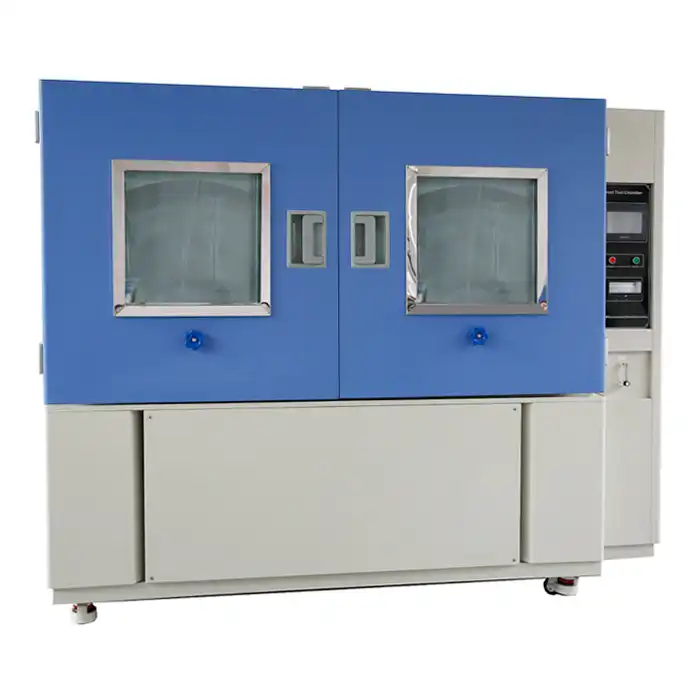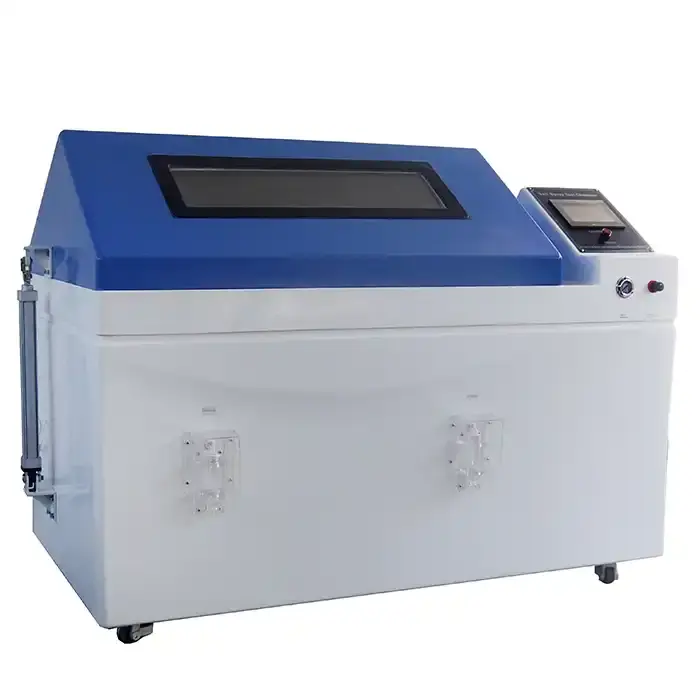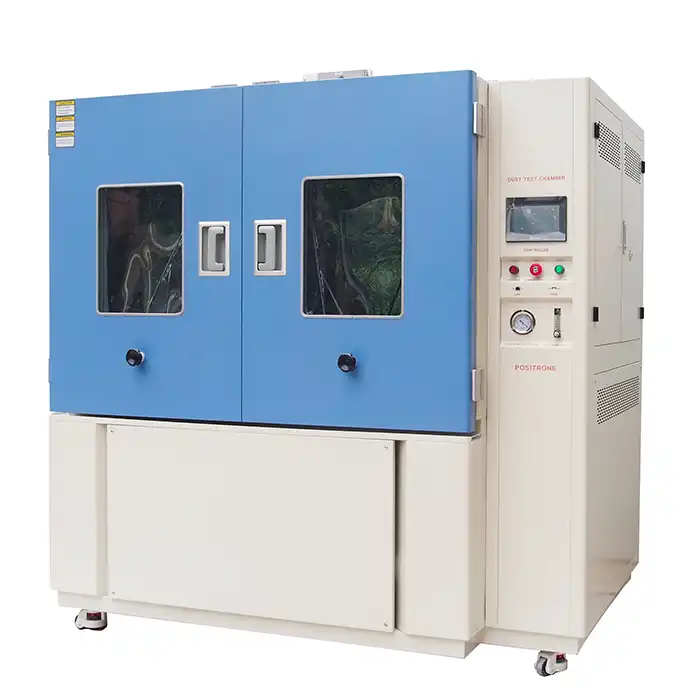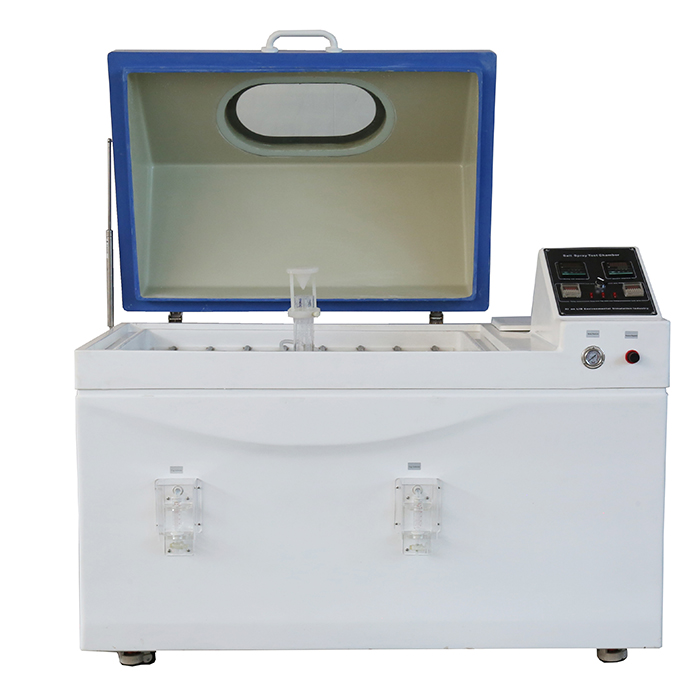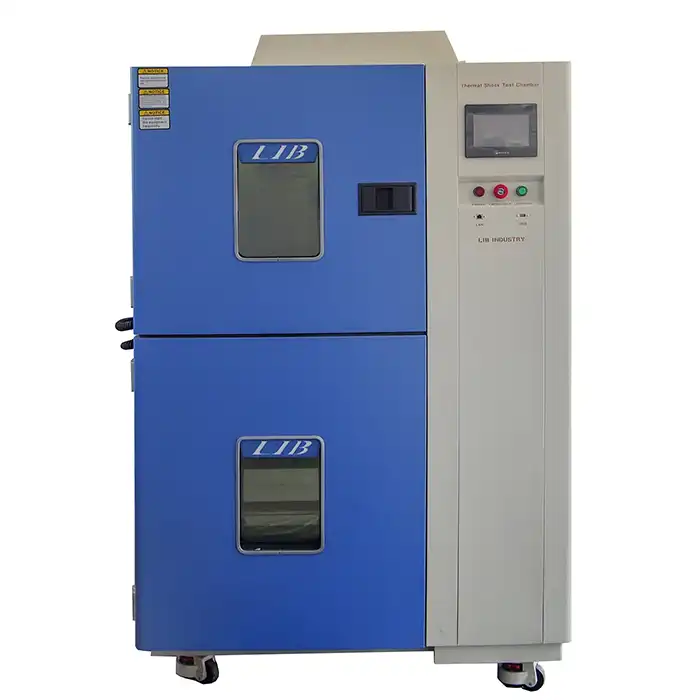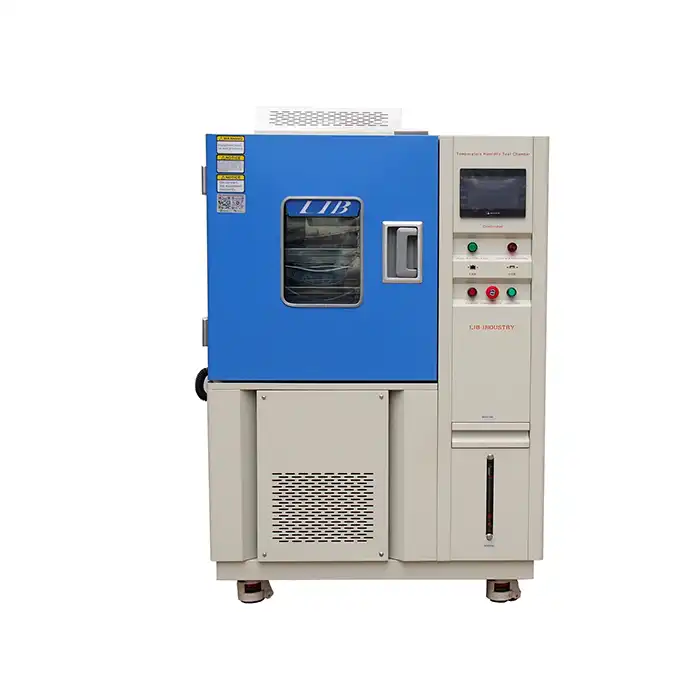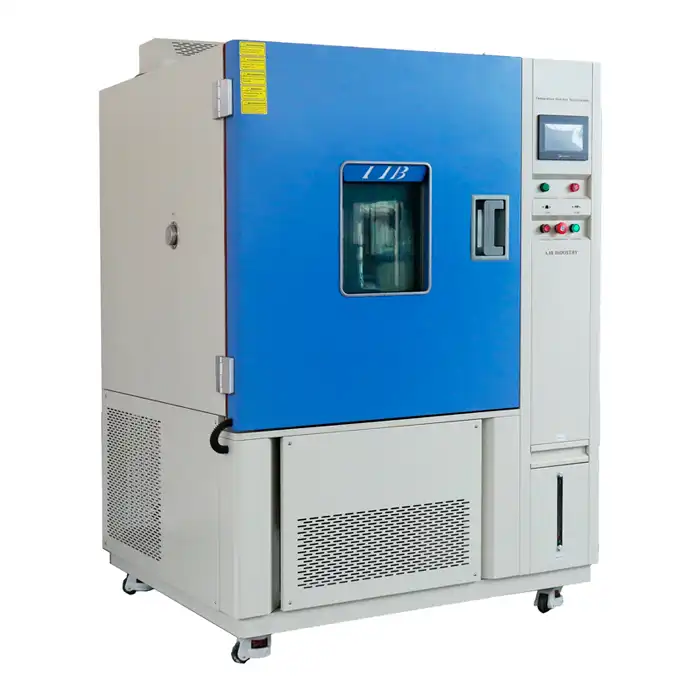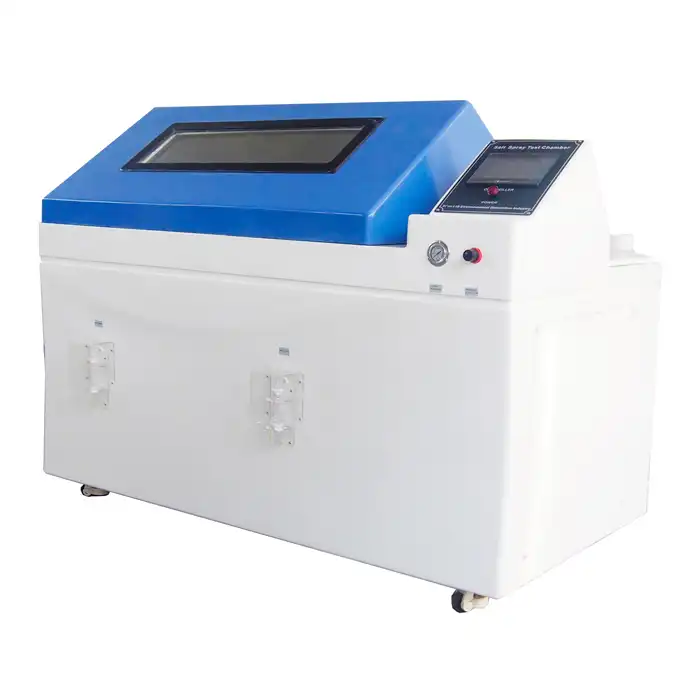Temperature, Humidity, and Salt: Controlling the Variables in Effective Corrosion Testing
Corrosion testing is essential for evaluating how materials endure harsh environments over time. However, achieving accurate and repeatable results depends on controlling three critical variables - temperature, humidity, and salt exposure. By regulating these factors, manufacturers can accelerate corrosion testing while ensuring consistency. This article explores key considerations in optimizing corrosion testing conditions and highlights advanced corrosion testing equipment solutions.
Temperature Dynamics: Establishing Baselines and Achieving Consistent Accelerated Corrosion
Temperature directly influences the rate of metal oxidation and other corrosive reactions. In corrosion testing, precise temperature control ensures repeatability and accelerates degradation processes to simulate real-world exposure. Studies show that for every 10°C increase in temperature, the reaction rate can double, significantly impacting test accuracy.
Maintaining stable temperature conditions is critical, as fluctuations can lead to inconsistent results. Advanced corrosion testing equipment integrates high-precision thermal control systems to ensure a stable environment. For instance, salt spray chambers use PID (Proportional-Integral-Derivative) controllers to regulate temperature fluctuations within ±1°C, preventing erratic corrosion rates. Additionally, pre-heated air saturation towers maintain uniform thermal conditions, further enhancing test reliability.
By establishing temperature baselines tailored to specific materials, test engineers can replicate real-world degradation more effectively. This allows manufacturers to assess product durability and optimize material selection for extreme environments.
Humidity Management: Balancing Moisture for Optimal Salt Spray Chamber Performance
Humidity plays a crucial role in corrosion testing by influencing electrolyte formation and reaction kinetics. Excessive moisture can accelerate oxidation, while insufficient humidity may lead to incomplete test results. Corrosion testing equipment rely on precise humidity regulation to mimic natural exposure conditions accurately.
Optimal humidity levels are typically maintained between 95% and 100% relative humidity (RH) in salt spray chambers. To achieve this, advanced chambers use deionized water atomizers and ultrasonic humidifiers, ensuring fine mist distribution for consistent salt deposition. In cyclic corrosion tests, dynamic humidity control (ranging from 20% to 98% RH) replicates fluctuating real-world conditions, such as coastal or industrial atmospheres.
Maintaining humidity stability prevents test deviation and ensures that samples experience uniform exposure. By implementing precise moisture control, manufacturers can simulate product lifespan with high accuracy, making corrosion resistance testing more predictive of real-world performance.
Salt Solution Dynamics: Formulation, Concentration, and Delivery Systems in Advanced Corrosion Testing Equipment
Salt solutions are the primary agents in corrosion testing, simulating marine and industrial environments. The composition and concentration of the salt solution significantly impact test effectiveness, requiring precise formulation and consistent delivery systems.
The most commonly used solution is a 5% NaCl (sodium chloride) mixture, closely resembling seawater. However, specialized tests may incorporate acidic adjustments (e.g., acetic acid or copper chloride) to accelerate corrosion for specific materials. Maintaining solution purity is essential, as contaminants can alter corrosion rates and skew results.
Modern corrosion testing equipment employs automated dosing systems to maintain consistent salt concentrations. Precision nozzles and atomizers ensure uniform salt distribution, preventing localized overexposure or underexposure. Additionally, recirculating pumps eliminate sedimentation, maintaining homogeneous salt spray conditions throughout testing.
Integrative Control Systems: Leveraging Automation for Precise Variable Regulation
Automation has revolutionized corrosion testing by enhancing precision and efficiency. Modern test chambers integrate advanced control systems that regulate temperature, humidity, and salt exposure in real time, ensuring optimal conditions.
Programmable logic controllers (PLCs) and touchscreen interfaces allow users to customize test cycles, adjusting variables based on specific industry standards such as ASTM B117 and ISO 9227. Real-time monitoring systems provide immediate feedback, enabling test engineers to detect deviations and make adjustments as needed.
Cloud-based data logging further enhances process control by recording test parameters for long-term analysis. This technology enables predictive maintenance, ensuring that corrosion testing equipment operates at peak efficiency. By leveraging automation, manufacturers can achieve greater test accuracy, reduce human error, and enhance repeatability.
LIB Corrosion Testing Equipment
LIB Industry offers state-of-the-art corrosion testing equipment, designed for precision, reliability, and compliance with international standards. Our salt spray chambers, cyclic corrosion chambers, and humidity-controlled test systems provide comprehensive solutions for material durability assessments.
- Precise Environmental Control: Our chambers feature advanced PID temperature and humidity regulation, ensuring stable test conditions.
- Automated Salt Spray Systems: Uniform salt distribution prevents inconsistencies, improving test accuracy.
- Customizable Test Cycles: Programmable settings allow users to simulate diverse environmental conditions.
- Robust Data Logging: Integrated monitoring systems enable real-time tracking and analysis.
Whether testing automotive components, aerospace materials, or industrial coatings, LIB Industry provides turn-key solutions tailored to your needs. Contact us at ellen@lib-industry.com for expert guidance on selecting the right corrosion testing chamber for your applications.
References
1. ASTM B117 Standard Practice for Operating Salt Spray (Fog) Apparatus.
2. ISO 9227 Corrosion Tests in Artificial Atmospheres - Salt Spray Tests.
3. NACE International Corrosion Control Engineering Handbook.
4. Electrochemical and Environmental Aspects of Corrosion Testing.



